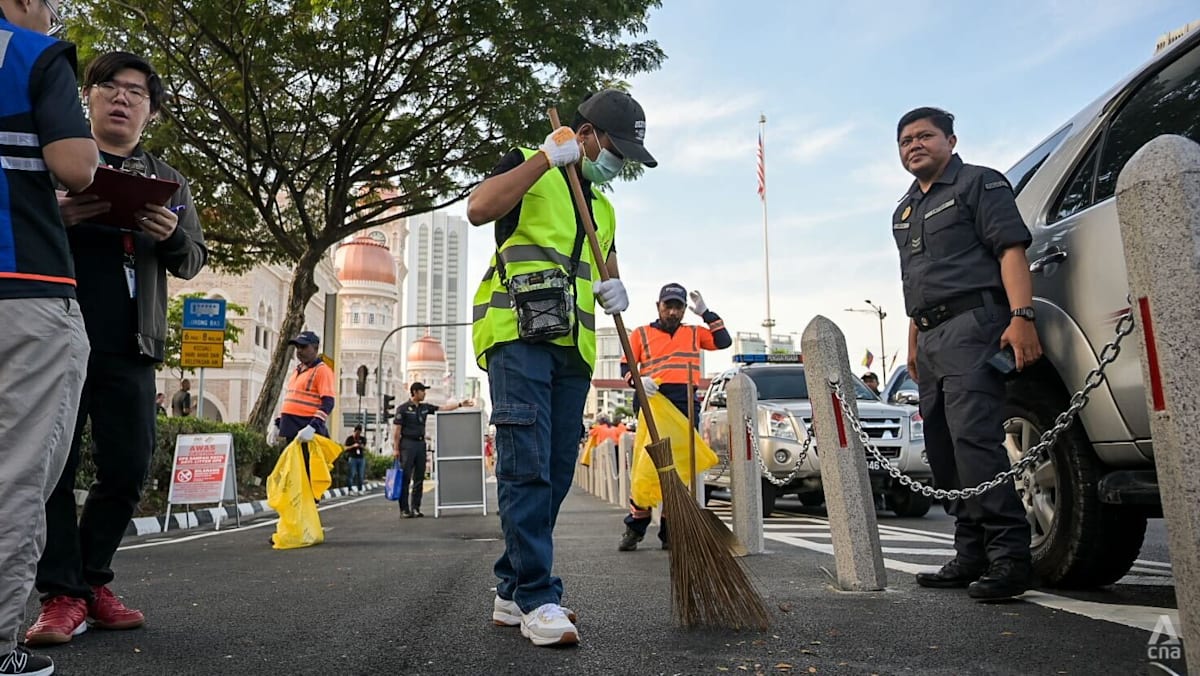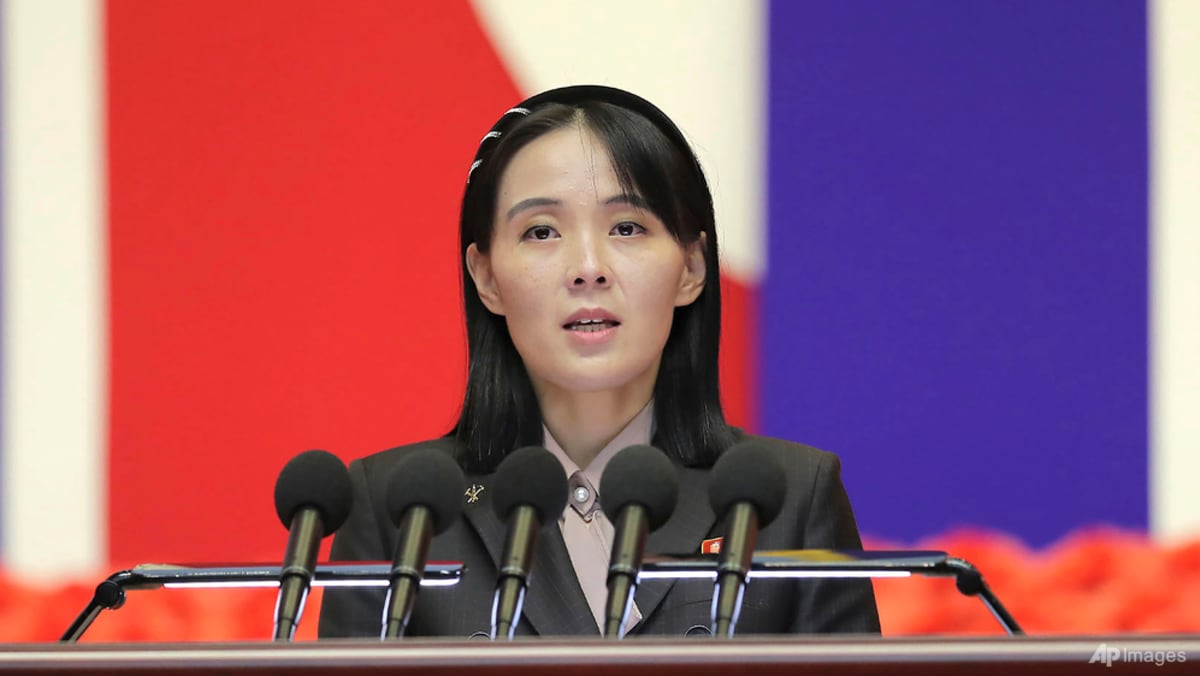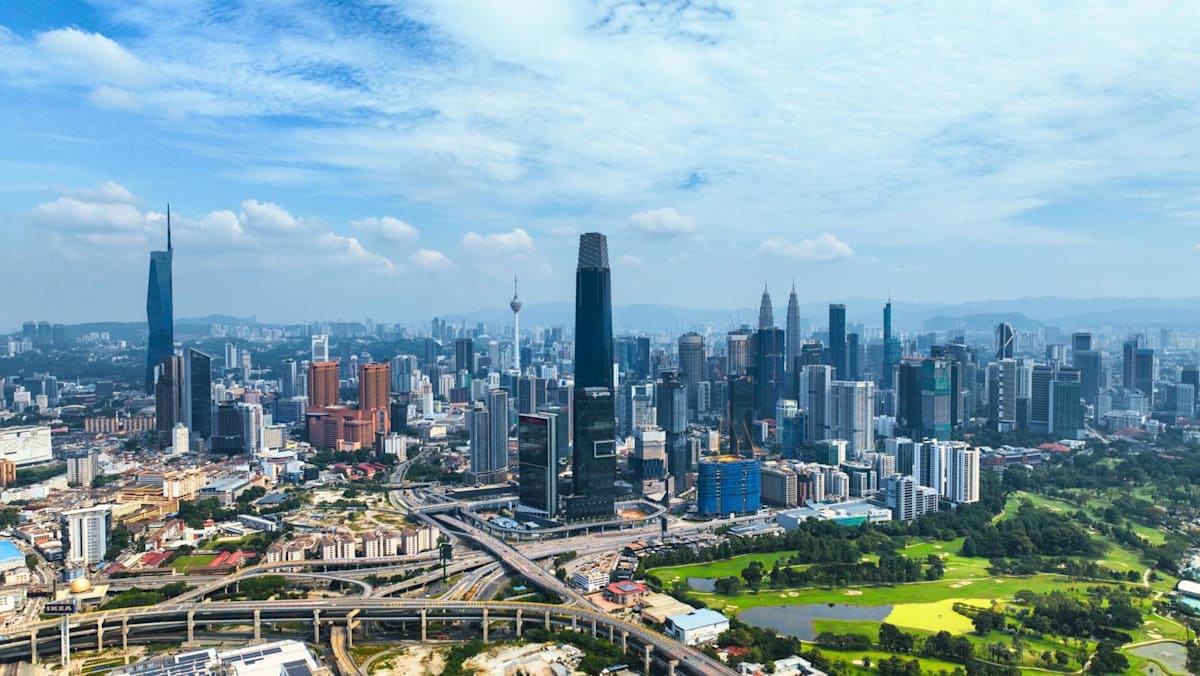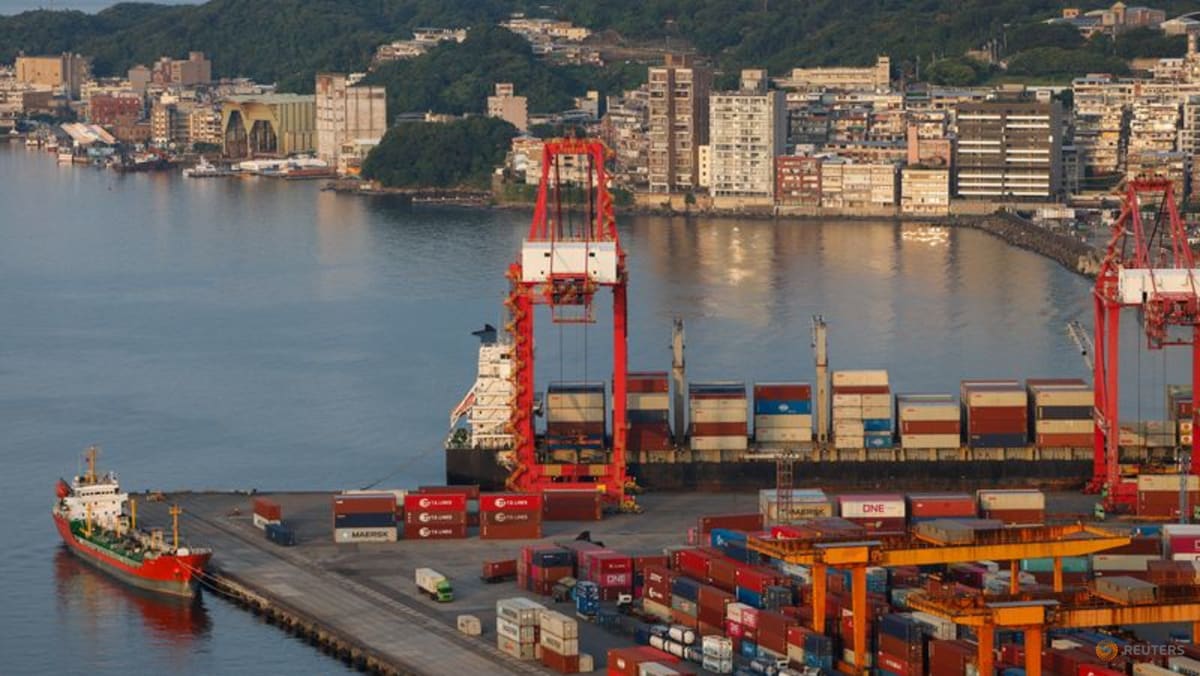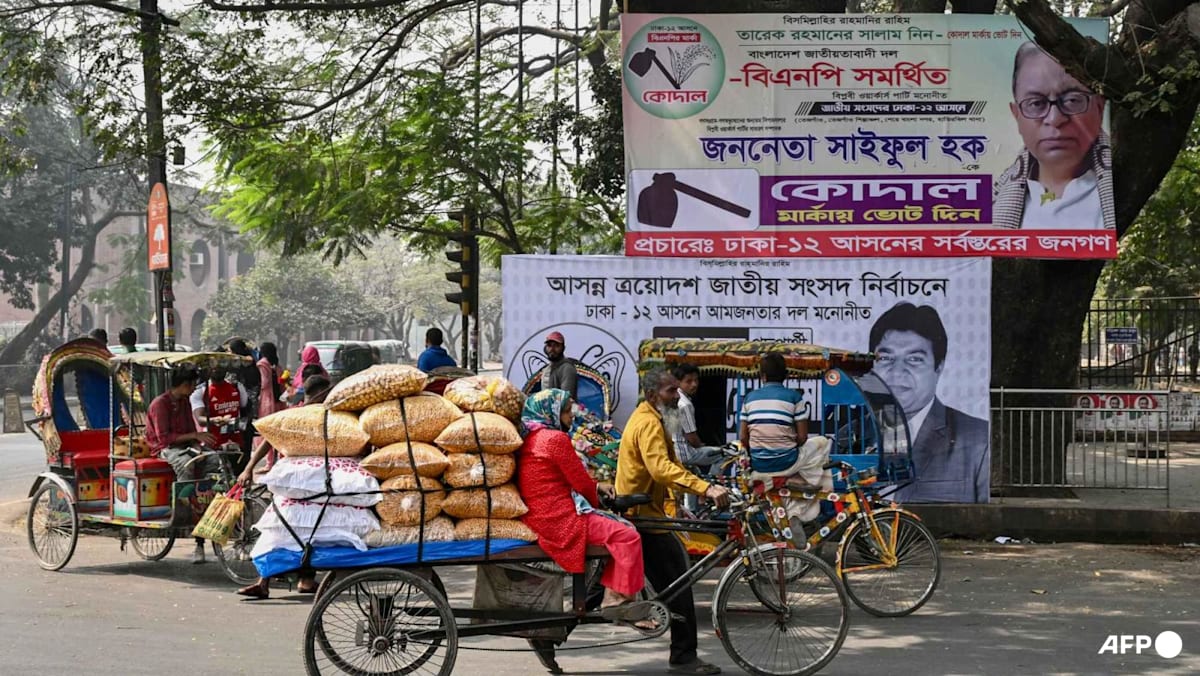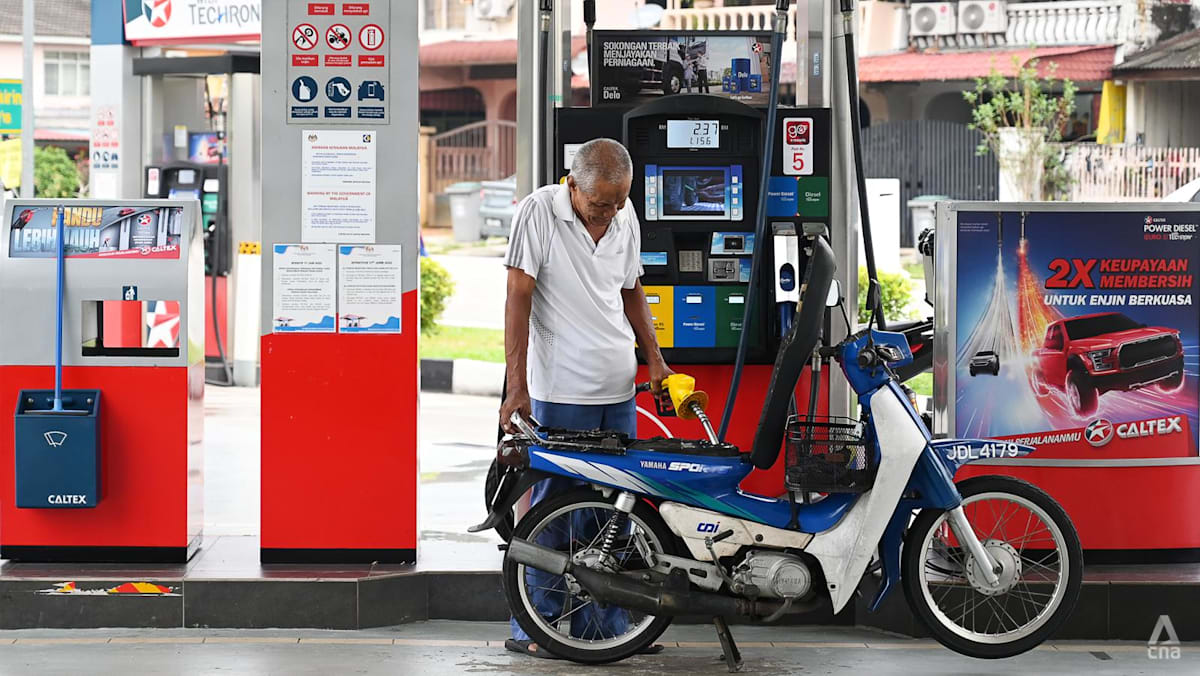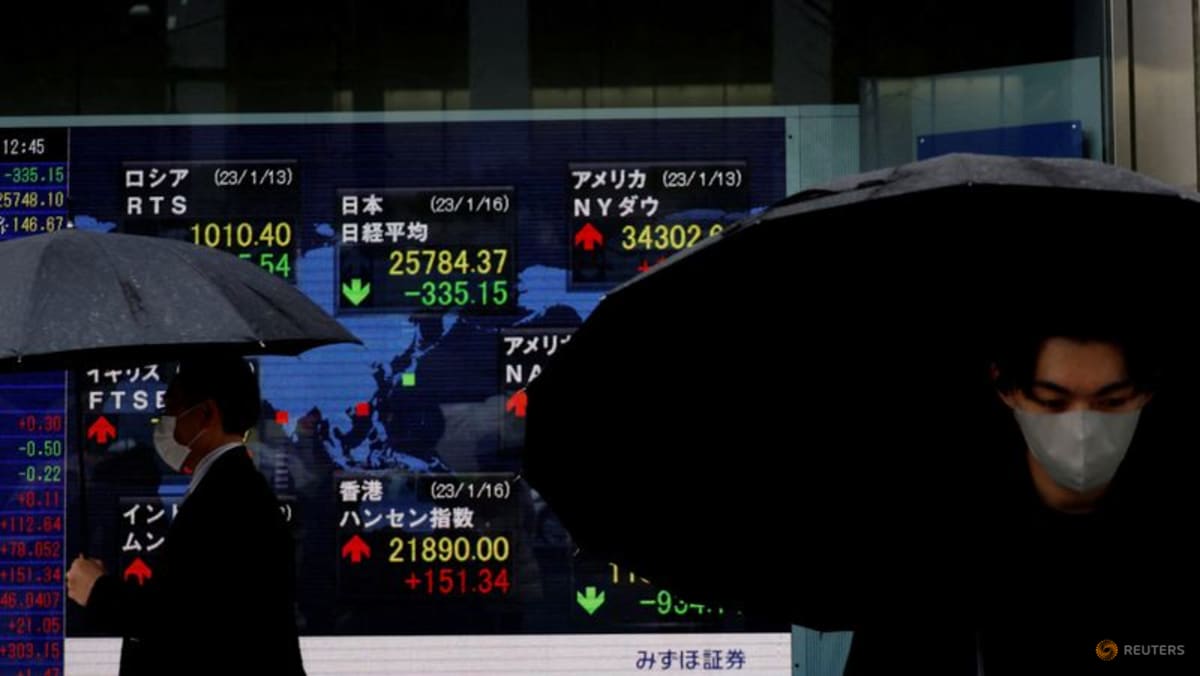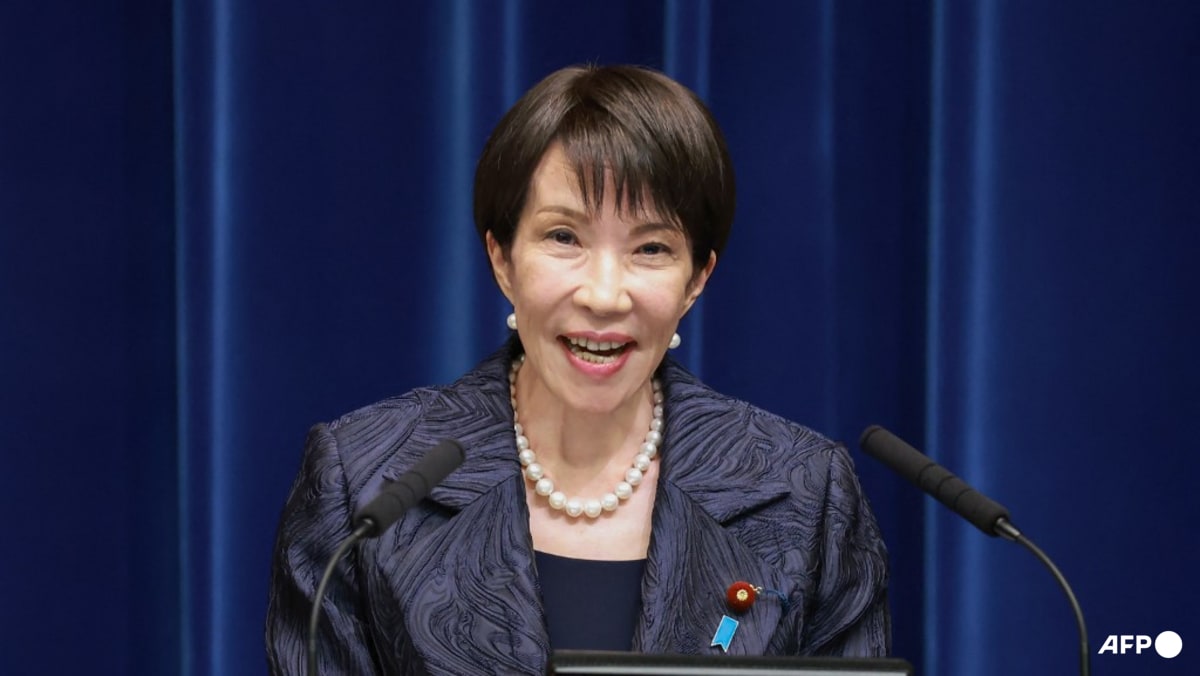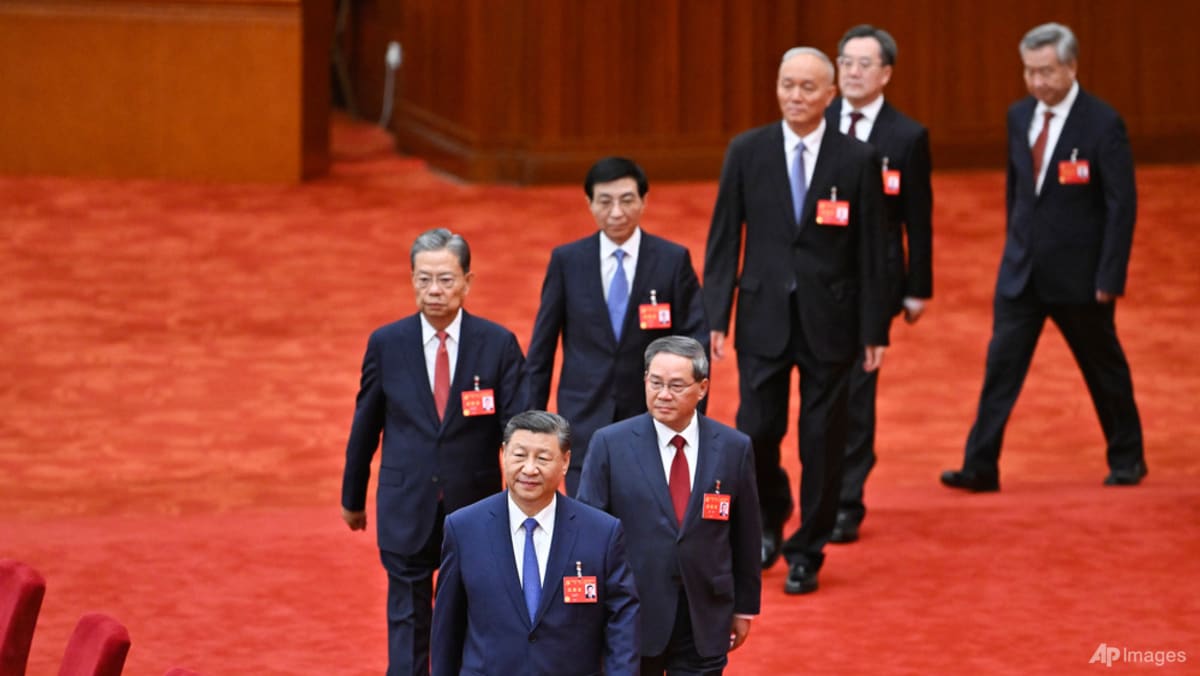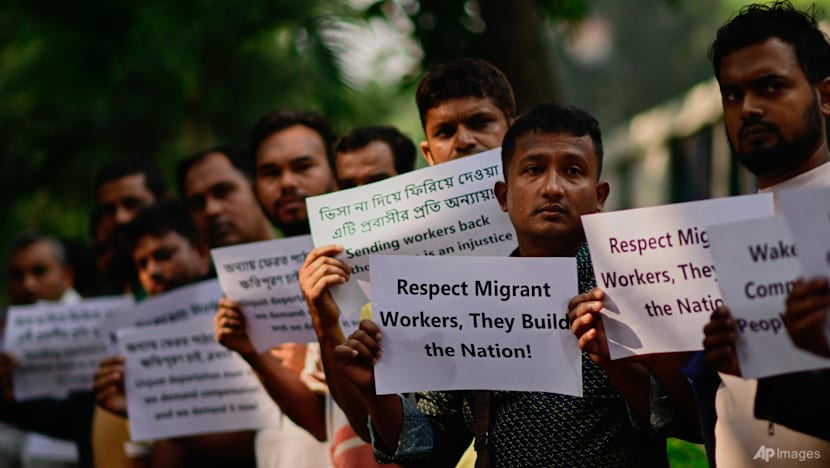
Bangladeshi workers who were employed by Malaysian companies protest in front of the Ministry of Expatriates' Welfare and Overseas Employment, demanding unpaid wages, fair compensation and an end to alleged abuse by Malaysian employers, in Dhaka, Bangladesh, Nov 10, 2025. (Photo: AP/Mahmud Hossain Opu)
DHAKA: About 100 Bangladeshi workers who were employed by Malaysian companies rallied on Monday (Nov 10) to demand unpaid wages, fair compensation and an end to alleged abuse by Malaysian employers.
The Migrant Welfare Network, a Bangladeshi migrant group based in Malaysia and Bangladesh, organised the protest at the Ministry of Expatriates’ Welfare and Overseas Employment in Bangladesh’s capital, Dhaka.
The demonstrators said the event was organised to protest what they say is widespread mistreatment of migrant workers in Malaysia, one of Southeast Asia's richest nations. They demanded unpaid wages and compensation for 431 Bangladeshi workers they said were exploited by two Malaysian companies, Mediceram and Kawaguchi Manufacturing.
The Associated Press could not immediately reach the companies for comment.
Many factories in Malaysia and other Southeast Asian countries rely on migrant workers, often from Bangladesh, Myanmar and Nepal, to fill labour-intensive jobs in manufacturing, plantations or construction. Local workers usually avoid such jobs because of their poor conditions and low wages.
The Migrant Welfare Network urged Bangladeshi and Malaysian authorities and international buyers to take immediate action to ensure workers receive wages already owed, fair compensation and “justice for systemic abuses”.
The group said in a statement on Monday that a complaint claiming forced labour and neglect has been filed with the Malaysian government against Australian company Ansell, a major customer of Mediceram, which manufactures gloves for medical, industrial and domestic use.
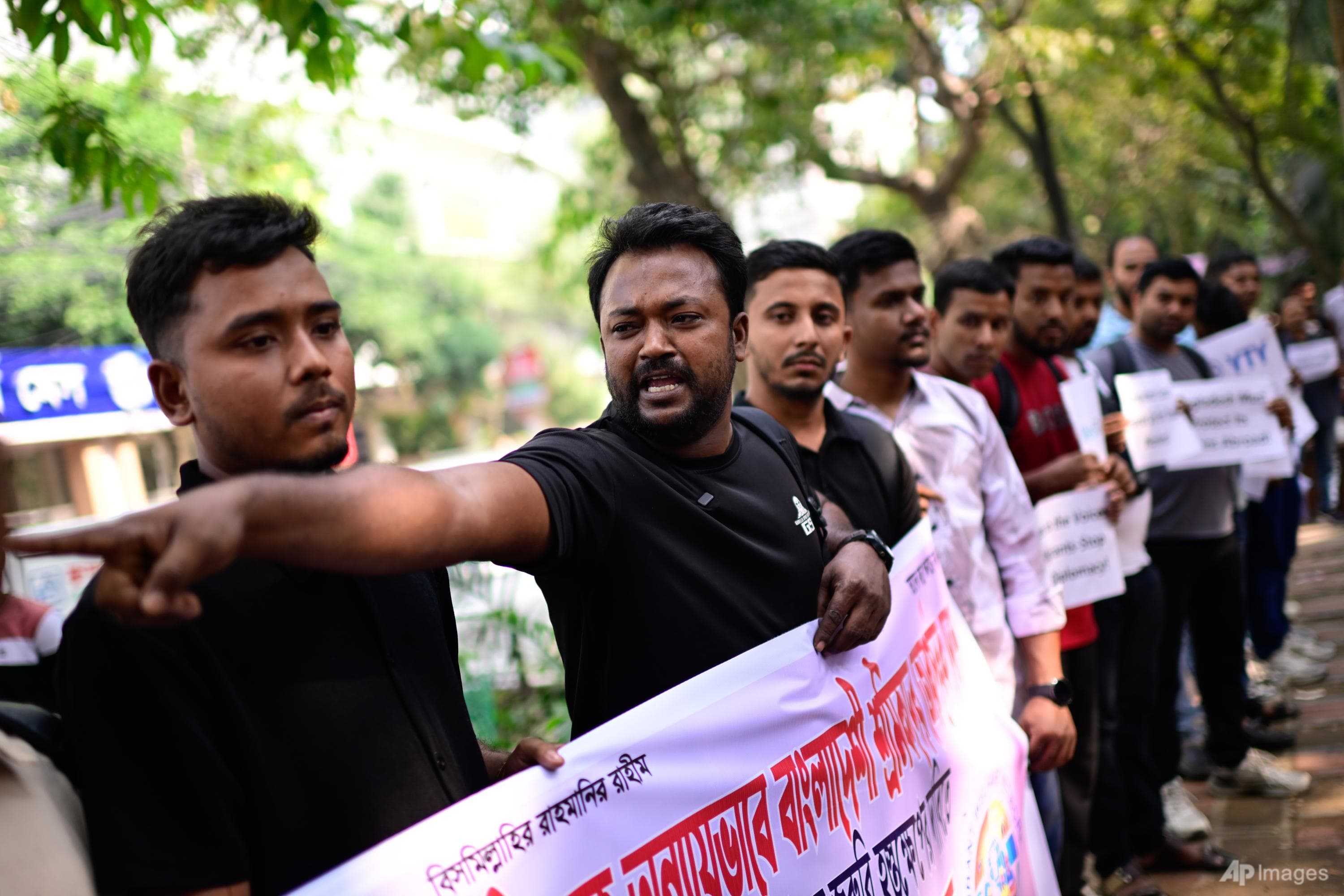 Bangladeshi workers who were employed by Malaysian companies protest in front of the Ministry of Expatriates' Welfare and Overseas Employment, demanding unpaid wages, fair compensation and an end to alleged abuse by Malaysian employers, in Dhaka, Bangladesh, Nov 10, 2025. (Photo: AP/Mahmud Hossain Opu)
Bangladeshi workers who were employed by Malaysian companies protest in front of the Ministry of Expatriates' Welfare and Overseas Employment, demanding unpaid wages, fair compensation and an end to alleged abuse by Malaysian employers, in Dhaka, Bangladesh, Nov 10, 2025. (Photo: AP/Mahmud Hossain Opu)
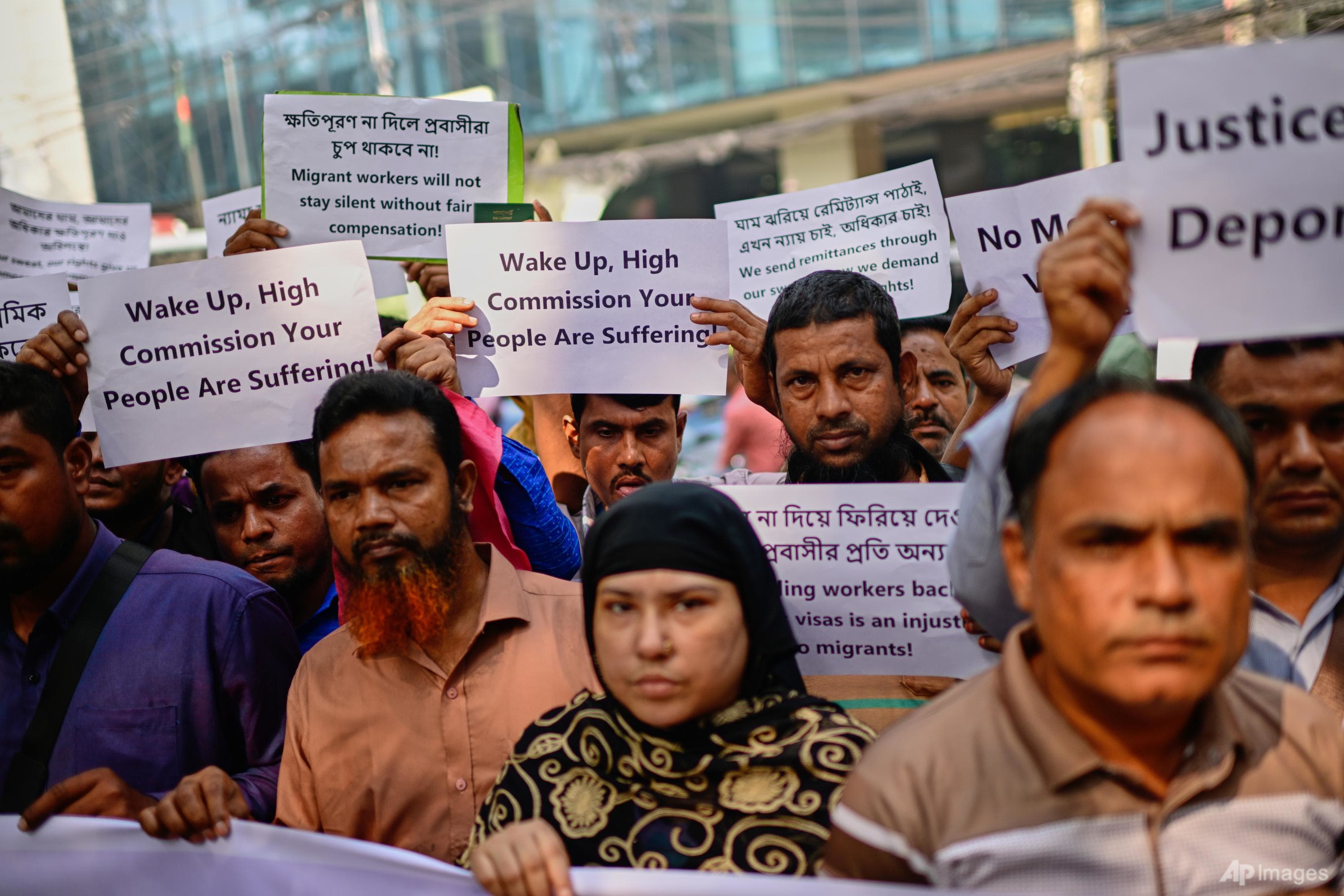 Bangladeshi workers who were employed by Malaysian companies protest in front of the Ministry of Expatriates' Welfare and Overseas Employment, demanding unpaid wages, fair compensation and an end to alleged abuse by Malaysian employers, in Dhaka, Bangladesh, Nov 10, 2025. (Photo: AP/Mahmud Hossain Opu)
Bangladeshi workers who were employed by Malaysian companies protest in front of the Ministry of Expatriates' Welfare and Overseas Employment, demanding unpaid wages, fair compensation and an end to alleged abuse by Malaysian employers, in Dhaka, Bangladesh, Nov 10, 2025. (Photo: AP/Mahmud Hossain Opu)
A separate complaint was filed against Kawaguchi, which supplied plastic components to large Japanese companies, including Sony Group.
In May, around 280 Bangladeshi migrant workers for Kawaguchi demanded hundreds of thousands of dollars in back wages and other money owed to them after the company closed five months earlier.
Workers at Kawaguchi’s factory in Port Klang filed complaints in Malaysia and Bangladesh claiming the company withheld their wages for up to eight months before closing after Sony and Panasonic Holdings, two of Kawaguchi’s main customers, halted orders in response to allegations the workers were mistreated.
“In the beginning, they used to pay the salary in parts, meaning they would give RM500 to RM1000 (US$120 to US$240) per month as food expenses,” said former Kawaguchi employee Omar Faruk, who began working for the manufacturer in 2022.
“After withholding the salary, the company started considering shutting down. Later, we filed a complaint at the Bangladesh High Commission in Malaysia."
Harun Or Rasid Liton, who worked at Mediceram, accused the company of not paying despite an order by the Malaysian Labour Court.
"The court ruled that the company would pay us RM1,000 per month, but the company paid only the first instalment and then stopped paying,” he said. “Later, we had no choice but to return to Bangladesh. Now we are facing severe hardship in maintaining our families.”
There have been widespread reports of abuse of Bangladeshi workers in Malaysia, and disputes between employees and companies have become a diplomatic sore point between Bangladesh and Malaysia. Workers’ rights groups have demanded stringent scrutiny of the powerful group of recruitment agencies and middlemen who monopolise such jobs.


